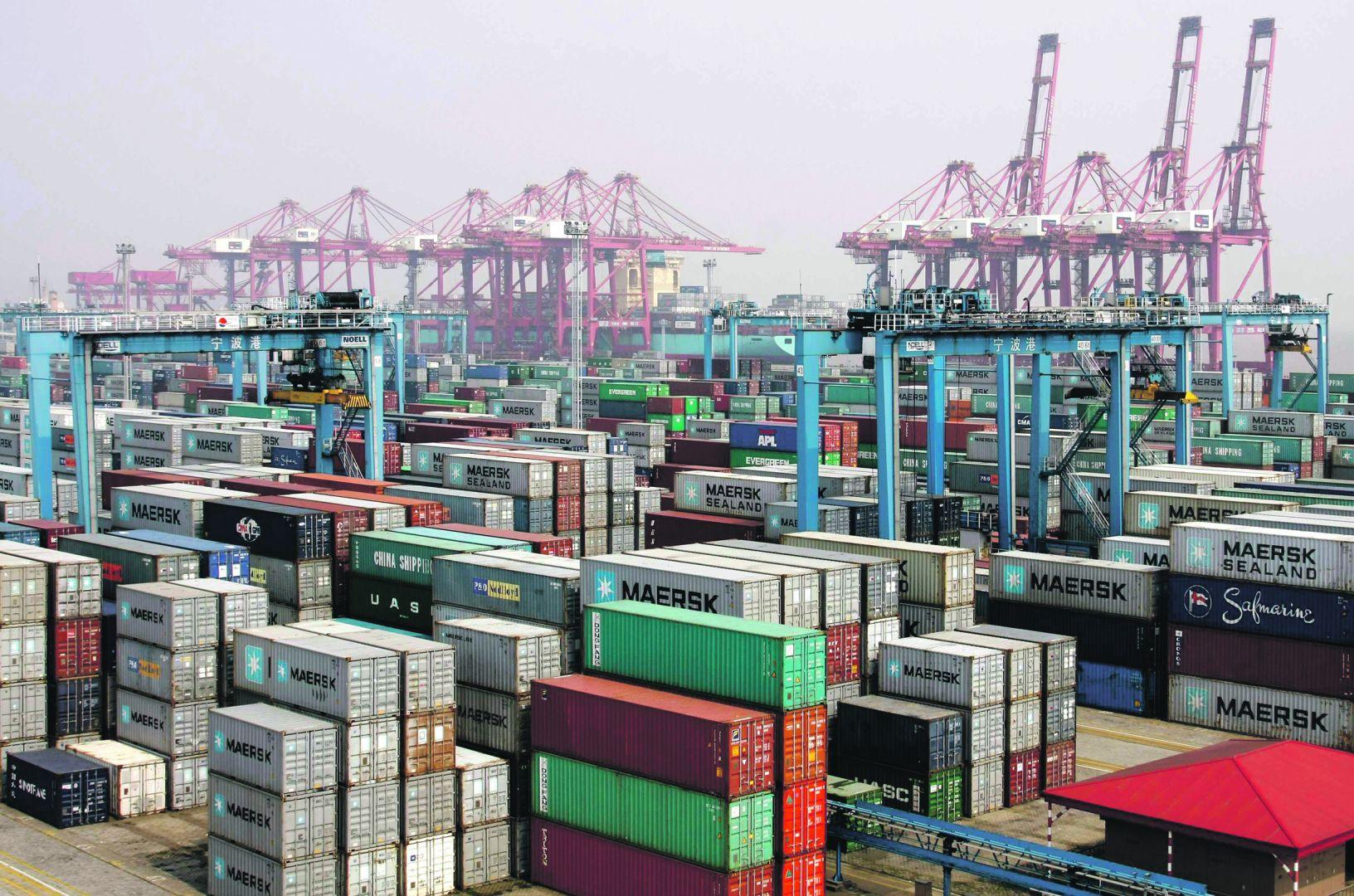Walter Paternesi Meloni is an applied economist. Most of his research can be traced back to two fields of investigation. The first relates to the determinants of the main macroeconomic outcomes (e.g., output, inflation, employment, productivity and income distribution) at the country and regional level. The second is concerned with the broad sphere of economic policy, and in particular with international trade, welfare models, inequality and the labour market.
Walter’s academic career started at the Roma Tre University (Department of Economics), where he obtained is PhD in Economics and Quantitative Methods. In that University he was also post-doctoral research fellow and teaching assistant for the courses of Microeconomics and Economic Policy. Currently, he is an Assistant Professor in Economics at the Sapienza University of Rome (Department of Legal and Economic Studies). Prior to that, he worked as a Researcher and Lecturer in Economic Policy at the University of Naples ‘Federico II’ and he was Visiting Professor in Political Economy and Macroeconomics at the Freie Universität of Berlin.
In addition to publishing his contributions in peer-reviewed academic journals, he was also involved in drafting institutional reports on the Italian economy (INPS - National Social Security Institute, and Presidency of the Council of Ministers - Department for Regional Affairs).


